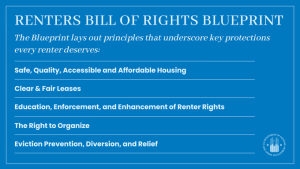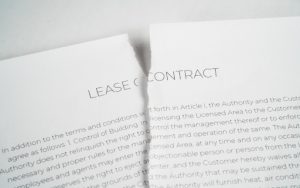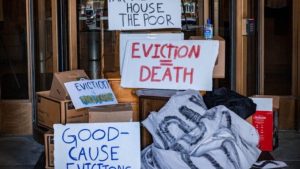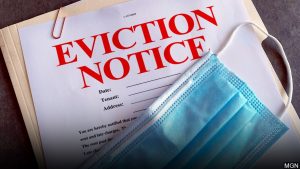 Recently in the news are proposals by the Biden administration regarding policies to allegedly protect rental tenants. According to the stories, multiple federal agencies are strongly considering taking actions that are designed to strengthen tenant protections and encourage rental affordability. Of course, experience has shown that well-intentioned government actions often do not have the intended results, and often worsen situations that they are designed to ameliorate.
Recently in the news are proposals by the Biden administration regarding policies to allegedly protect rental tenants. According to the stories, multiple federal agencies are strongly considering taking actions that are designed to strengthen tenant protections and encourage rental affordability. Of course, experience has shown that well-intentioned government actions often do not have the intended results, and often worsen situations that they are designed to ameliorate.
Due to the extreme reaction to the COVID-19 pandemic, there is currently a shortage of residential housing, especially in large cities. This is likely a result of the various eviction moratoriums during the pandemic, which resulted in tenants remaining in housing without paying rent. The effects of these moratoriums, even if they are no longer in effect, continues to the present day. Local landlord-tenant courts are still trying clear the backlog of eviction cases that occurred during the moratorium, especially in large cities such as New York. As a result, new renters are finding that, due to a shortage of supply, rental units have increased greatly in price, as the law of supply and demand has superseded governmental regulation.
The government is proposing executive action to direct the Federal Trade Commission to issue new regulations defining “excessive” rent increases, as well as other protections for renters, such as forcing landlords to wait at least thirty days before commencing eviction proceedings for non-payment of rent.
 New York Real Estate Lawyers Blog
New York Real Estate Lawyers Blog











